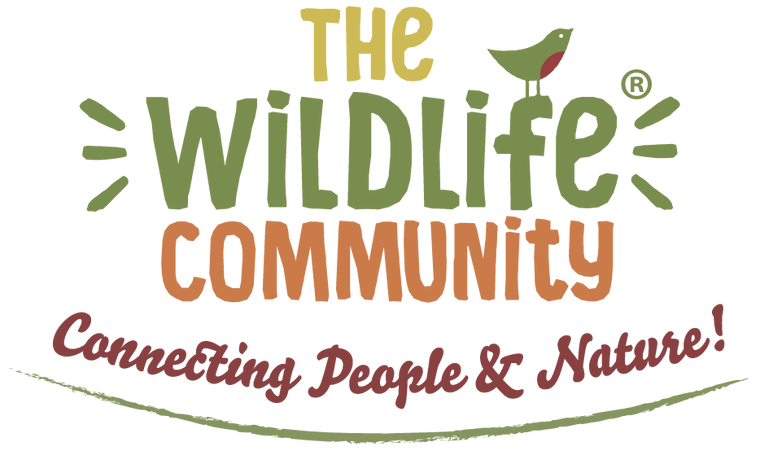
How To Spread Joy To Wildlife On World Kindness Day
This upcoming Thursday (13th November) is annual World Kindness Day. Now in its 27th year, the international observance was set up in 1998 by the World Kindness Movement to celebrate and promote acts of kindness. This may be things as simple as smiling at a stranger or offering to pay for someone's coffee. But did you know that these acts of kindness can be extended to the fauna who we share the planet with? Below we have gathered some of our tried and tested products that we know animals will benefit from. We all know the impact that the change in the climate is having on our native species, so now is the perfect time to lend a helping hand out to animals this World Kindness Day.
The Original Bee Revival Kit
2024 was recorded as being the worst since records began for numbers of British bumblebees. According to the Bumblebee Conservation Trust, findings from their 'Beewalk' suggested that numbers had declined by almost a quarter (22.5%) compared to the 2010-2023 average. This is the due to the disappearance of nature corridors, and changes in the way that we landscape, meaning that flowers and nesting are now in short supply. With the lack of flowers, this means our pollinators are finding it hard to seek out energy supplies. This is where the Bee Revival Kit comes in. Inspired by a spontaneous encounter with a tired bee, this amazing product allows us to give life back to struggling bees who we may come across out and about. It provides an emergency solution that will bring a bee back from the brink so it can continue its important mission to pollinate. The Bee Identification Tag also allows you to identify a bee that you've tagged or rescued using an online guide, which you can also share with your friends and family. This brilliant little product that fits on your keychain could one day save the life of a bee and spread a bit of joy to the ever-dwindling bumblebee population.
Butterfly Food With Vitamins
Another species which is sadly under threat in the UK is the butterfly. Reports from this year's 'Big Butterfly Count' recorded that despite the number of the winged creatures being on the up, the numbers are not enough. Over the past 50 years there has been an 80% decrease in butterfly numbers, with hot summers, habitat loss and pesticide use being attributed to the decline of these beautiful insects. Due to this, the Butterfly Conservation have declared a 'national butterfly emergency'. So, what can we do to help out our decreasing butterfly population? Leaving out food for insects can greatly help their numbers to survive and thrive, by keeping the population topped up. Butterfly Food with Vitamins is suitable for wild butterflies, moths and captive-bred butterflies. Formulated in a laboratory, it consists of a blend of sugars with vitamins. This can provide a vital food source for butterflies when their natural food sources of nectar are scarce, such as when fewer flowers are blooming. This solution has also been proven not to crystallise in the insect's stomach, which can often happen in other sugar solutions. Providing food for insects is a little step which can make a huge difference to the lives of a population on the decline.
British Nesting Wool
During the winter months, garden birds love to use sheep's wool to insulate and keep their nests warm during the colder temperatures. In parts where sheep are in abundance, birds can often be seen swooping down and taking leftover wool to bring back to their nests to keep their young warm. They seek out wool as they know it is strong, soft and also warm. If you are in an area with less sheep out on the fields, such as a town or city, then an act of kindness to wild birds would be to provide them with British Nesting Wool. The birds are able to tease out single threads from the hole in the front of the box, to take back to their nests. Alternatively, wool can be placed into a feeder (like this one here), where they are able to keep coming back for more. We recommend that nesting wool isn't introduced to wild birds in clumps, as this could lead to the entrapment of the birds. By providing nesting wool for birds, you are making sure that they are able to keep their young warm during the colder weather, meaning their numbers are able to thrive.
We hope that these recommendations have been able to give you some great ideas on how to spread a bit of kindness this World Kindness Day!





